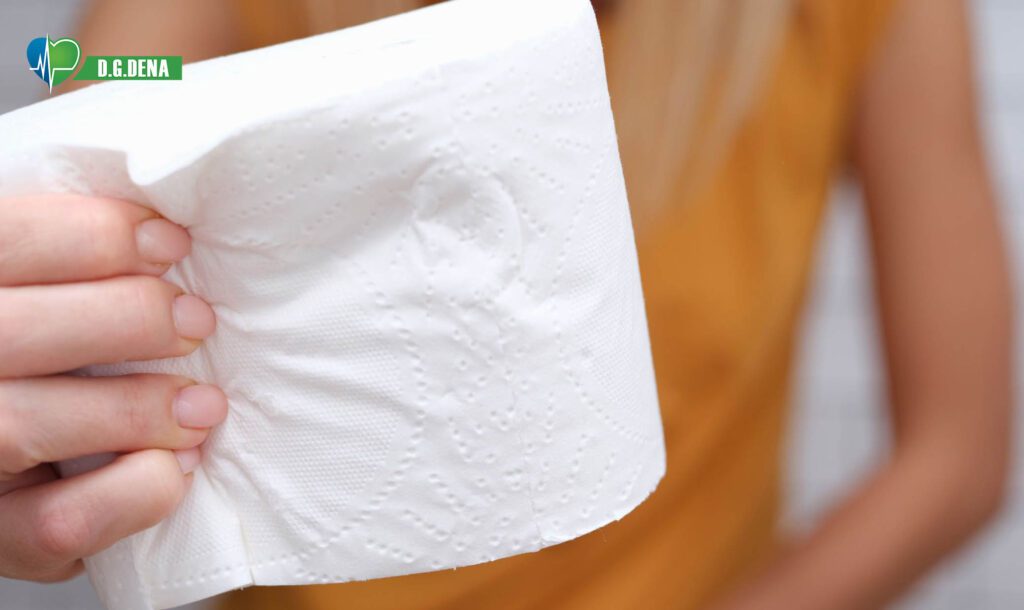Hemorrhoids, also known as piles, are one of the most common medical conditions, yet they remain a topic many avoid discussing. These swollen veins in the rectum or anus can cause discomfort, pain, and inconvenience during everyday activities. Whether experiencing mild symptoms or seeking advanced solutions, this guide covers everything you need to know about hemorrhoids, including effective hemorrhoids home remedies and when to consult a specialist.
What Are Hemorrhoids?
Hemorrhoids are swollen or inflamed veins in the lower rectum or anus. They are categorized into two types:
- External Hemorrhoids: Found under the skin around the anus and are often painful and easy to detect.
- Internal Hemorrhoids: Located inside the rectum and may not cause significant discomfort unless they prolapse or bleed.
This condition affects approximately 75% of adults at some point, with the highest prevalence among individuals aged 45–65. Despite being common, hemorrhoids can vary in severity, from mild irritation to chronic discomfort requiring medical intervention.
What Causes Hemorrhoids?
Several factors contribute to the development of hemorrhoids:
- Chronic constipation or diarrhea
- Straining during bowel movements
- Prolonged sitting, especially on the toilet
- Pregnancy, due to increased abdominal pressure
- Obesity
- Low-fiber diet
- Aging, as rectal tissues weaken over time
Understanding the underlying cause is essential for effective treatment (including hemorrhoids home remedies) and prevention.
How Long Does It Take for Hemorrhoids to Heal?
With proper care, mild hemorrhoids typically resolve within one to two weeks. However, the healing process depends on:
- The severity of the hemorrhoids
- Lifestyle habits (e.g., diet, activity level)
- Use of appropriate treatments
Delaying care or continuing harmful practices, such as straining or ignoring dietary needs, can prolong recovery.
Hemorrhoids Symptoms
Hemorrhoids can present with a range of symptoms, depending on their type and severity:
- Itching or irritation in the anal area
- Bleeding during bowel movements (usually painless and bright red)
- Pain or discomfort when sitting or defecating
- Swelling or a lump near the anus, often tender to touch
- Protrusion of tissue outside the anus (prolapsed hemorrhoids)
Recognizing these symptoms early allows for more effective and less invasive treatment options.
Hemorrhoids Home Remedies
In most cases, mild hemorrhoids can be managed with simple lifestyle adjustments and home remedies. Here are effective strategies:
- Warm Sitz Bath
Soaking the affected area in warm water for 15–20 minutes, several times a day can help reduce inflammation and discomfort. Adding Epsom salts may enhance the soothing effect.
- Herbal Remedies
- Witch Hazel: Known for its anti-inflammatory properties, witch hazel can relieve itching and swelling. Use a cotton pad to apply the extract gently; avoid applying directly to avoid irritation.
- Aloe Vera: This natural gel has cooling and soothing effects. Use pure aloe vera to avoid potential irritation from additives.
- Coconut Oil
This natural moisturizer helps alleviate dryness and itching, creating a more comfortable environment for healing.
- Cold Compress
Applying an ice pack wrapped in a clean towel to the area can temporarily reduce swelling and numb the pain.
- Over-the-Counter Products
Pharmaceutical creams, ointments, and suppositories formulated for hemorrhoids can provide relief. Look for ingredients like hydrocortisone to reduce inflammation or lidocaine for pain relief.
- Dietary Changes
- Increase your intake of fiber-rich foods like fruits, vegetables, and whole grains to prevent constipation.
- Stay hydrated by drinking plenty of water.
- Avoid processed foods, alcohol, and excessive sugar, as they can exacerbate symptoms.
- Modify Bathroom Habits
- Avoid straining during bowel movements.
- Limit the time spent on the toilet.
- Use soft, unscented toilet paper or damp wipes to minimize irritation.
- Clothing Choices
Wear loose, breathable cotton underwear to prevent friction and keep the area dry.
What to Avoid During Hemorrhoid Treatment
Certain products and practices can aggravate hemorrhoid symptoms and delay healing. Avoid the following:
- Scented or rough toilet paper
- Soaps and body washes applied directly to the anal area
- Medications like Aspirin or Ibuprofen, which can increase bleeding
- Excessive wiping or scrubbing of the affected area

When to see a doctor
If hemorrhoids home remedies fail to improve symptoms within two weeks or if they worsen, consult a healthcare professional. Advanced medical treatments for hemorrhoids include:
- Electrotherapy: Injection of a solution to shrink the hemorrhoid.
- Rubber Band Ligation: A minimally invasive procedure where a band is placed around the base of the hemorrhoid to cut off its blood supply.
- Hemorrhoidectomy: Surgical removal of severe or persistent hemorrhoids.
Discuss the pros and cons of each method with your doctor to determine the best course of action.
Can Hemorrhoids Be Prevented?
Yes, hemorrhoids can often be prevented by incorporating hemorrhoids home remedies and adopting healthy habits:
- Maintain a high-fiber diet to ensure smooth bowel movements.
- Drink plenty of water daily.
- Exercise regularly to promote healthy digestion.
- Avoid prolonged sitting, especially on hard surfaces.
Conclusion
Hemorrhoids are common but manageable with proper care and attention. While hemorrhoid home remedies can resolve most mild cases, severe symptoms require professional evaluation. Early intervention not only improves comfort but also prevents complications.
For more detailed insights, tips, and treatment options, explore our blog on advanced hemorrhoid treatments or consult our team of specialists for personalized care.
With the right approach, you can regain control and alleviate the discomfort of hemorrhoids effectively.

